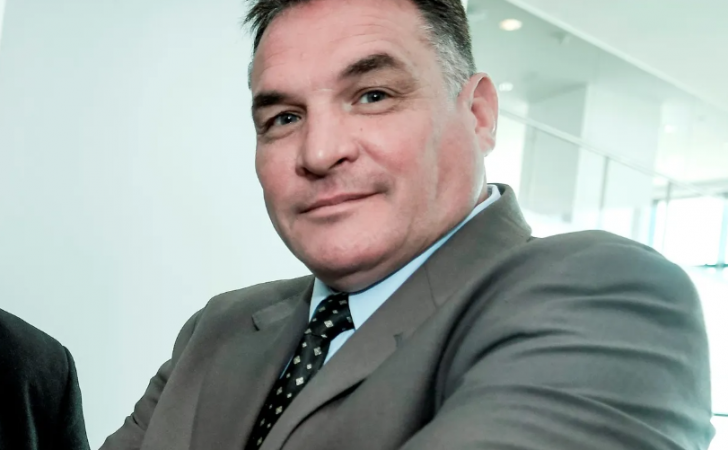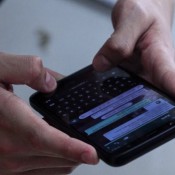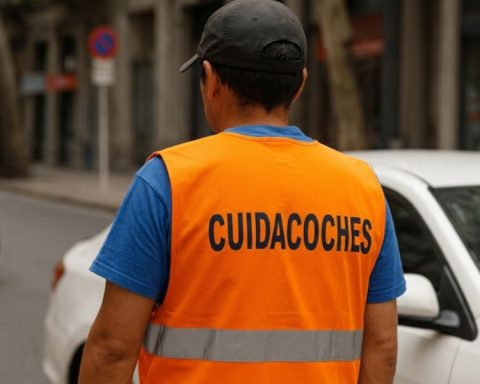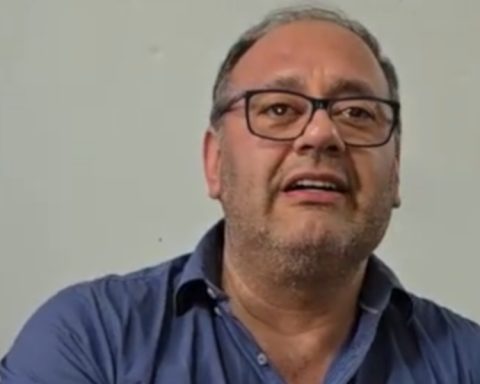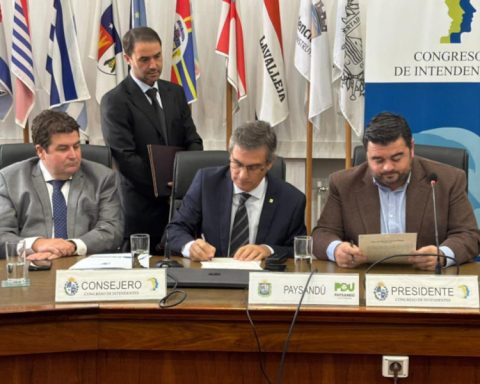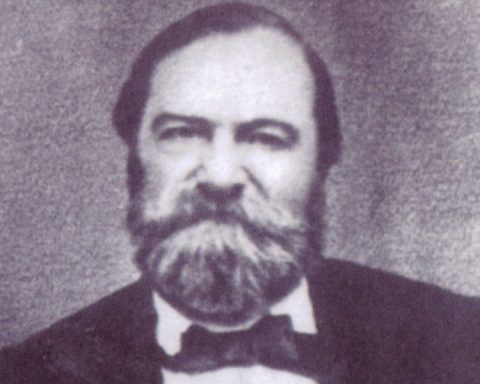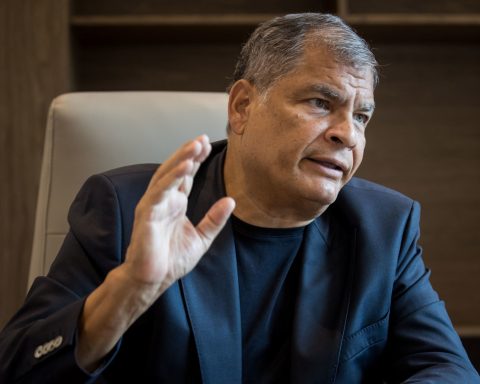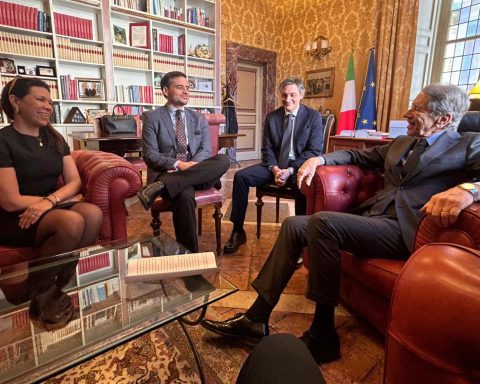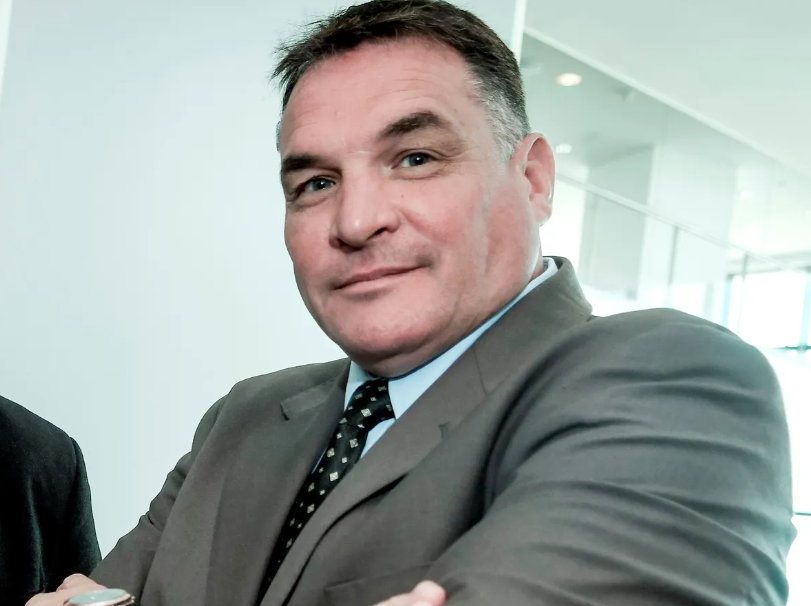
The former head of presidential custody of Luis Lacalle Pou, Alexander Astesianohas been sentenced to four years and six months in prison for his participation in a criminal organization that falsified documents, specifically birth certificates, to later sell Uruguayan passports to Russian and Ukrainian citizens.
The sentence was imposed by the Justice after reaching an agreement between the prosecutor Gabriela Fossati and Astesiano, through his lawyer Marcos Prieto. The terms of the agreement were presented at a hearing before Judge Alejandro Asteggiante, who ordered the sentence to be served with effective imprisonment.
In the agreement, Fossati withdrew the crime of assuming civil status (document falsification) that Astesiano was accused of, since his participation in this part of the maneuver could not be proven. However, he was convicted of his role in the criminal organization, which had the objective of obtaining money through the illegal sale of Uruguayan passports.
In a hearing held this Wednesday, Astesiano was convicted of a total of four crimes, including criminal association, influence peddling, conjunction of public and private interest, and disclosure of secrets (these last two added at the hearing). The prosecution demonstrated and Astesiano acknowledged his responsibility in these criminal acts.
As a result of the sentence, a fine of 100 indexable units (equivalent to 150,225 Uruguayan pesos as of today) was imposed and disqualification from holding public office for a period of four years. These crimes and the subsequent conviction confirm Astesiano’s involvement in the sale of passports and the trafficking of information and favors with senior police officers, as was discovered through the analysis of the cell phone of the former bodyguard of President Lacalle Pou, in the that chats and voice recordings were found.
During the hearing, prosecutor Fossati stated that Astesiano changed his defensive strategy several times during the investigation, first denying any involvement and then accepting his guilt in the crimes committed.. In addition, Fossati explained to the judge that many of the favors that Astesiano had requested, as reflected in the chats and recordings, never materialized, so the possibility of the existence of other crimes was ruled out.
